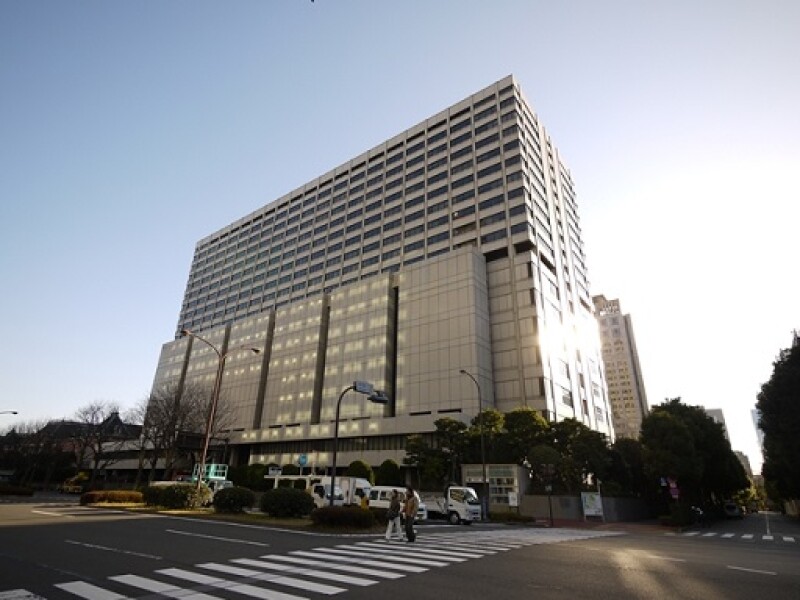Apple and Samsung may have called an end to their patent disputes outside of the United States, but those closely-watched disputes raised a number of novel legal and procedural issues in jurisdictions across the Asia-Pacific. Thus, while the companies' accountants may be relieved that these battles (and the accompanying legal fees) are going away, there are still a number of interesting legal issues left unresolved.

|
Japan's IP High Court, the site of one of several legal disputes between Apple and Samsung. Photo: Atom Tokyo |
Japan
The Japanese chapter of the Apple v Samsung disputes were unique in several ways. Though the first case was considered by some to be a fairly simple and straightforward patent case involving Apple's patent concerning a method for synchronising media between a mobile phone and a computer, a subsequent dispute, where Samsung asserted its standards-essential patents (SEPs) against Apple, had the distinction of being the first FRAND case to be litigated in Japan.
In that case, though the Tokyo District Court ruled that several of Apple's products fell within the scope of a Samsung patent that was essential to a 3G data transmission standard (UTMS), it also found that Samsung violated its FRAND obligations in refusing to provide a basis for its rate demands during licensing negotiations. The court thus refused to grant an injunction, which, as Naoki Yoshida of Finnegan explained, is almost automatic when there is a finding of patent infringement in Japan.
On appeal, the IP High Court also adopted a unique approach in dealing with the case, requesting third parties to file amicus curiae-style briefs with the court on the issue of injunctions based on SEPs. While amicus briefs are common in jurisdictions such as the United States, this was the first time that they were used in a patent case in Japan and perhaps any type of legal dispute at all. 58 third parties submitted briefs on the issue, including LES Japan and AIPLA.
The IP High Court returned a decision finding that Samsung was entitled to damages even though its claim was based on an SEP, so long as the damages were limited by Samsung's FRAND obligations. It however, noted that Apple was a willing licenser, and thus an injunction was inappropriate.
Though the case never reached the Supreme Court, the IP High Court's decision will likely be closely studied as FRAND issues continue to be debated in Japan and in other jurisdictions.
Australia
The battle between the two companies in Australia was also noteworthy for several reasons. According to Justice Annabelle Bennett of the Federal Circuit, the Australian case was considerably larger than most of the Apple v Samsung disputes taking place elsewhere, involving three SEP patents asserted by Samsung and Apple suing for infringement of over 20 patents. Due to the size of the case, Justice Bennett requested that another Federal Circuit judge, Justice David Yates, sit on the case with her to split the load, an approach never taken before in Australia.
Though this two-judge system was novel, Bennett noted that the parties were receptive and worked with the court to help the case run smoothly.
At the time Apple and Samsung announced their stand-down, the case was still outstanding.
Korea
The two also squared off in Samsung's home country. Last December, the Seoul District Court rejected Samsung's bid for an injunction on Apple products based on several patents involving messaging. And in September 2012, both sides scored victories. Apple successfully asserted the Korean equivalent of its 'bounceback' patent (Korea protects designs under a design rights system, which affords narrower protections than American design patents), while Samsung established that Apple infringed upon the Korean equivalent of US patent no 7,675,941 covering mobile communications. Interestingly, Samsung had unsuccessfully asserted the US patent against Apple, but the key difference was that while the US court found that Samsung had licensed the technology to the modem chip manufacturer and was precluded from seeking licensing fees from Apple, the Korean court came to the opposite conclusion.









